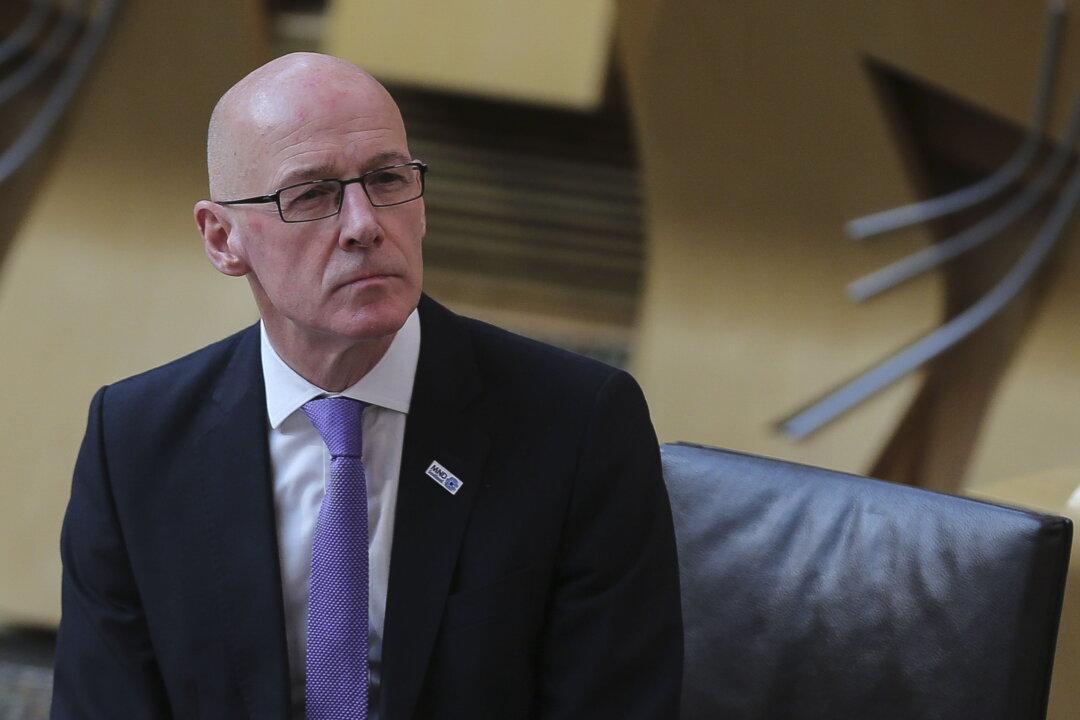Scotland’s deputy first minister has been reported to the UK Statistics Authority after he was accused of misrepresenting data to justify the region’s COVID-19 restrictions, which are significantly stricter than in neighbouring England.
John Swinney, who also serves as the Scottish government’s COVID Recovery Secretary, suggested infection rates in Scotland were lower than in England because of extra measures introduced by the Scottish National Party (SNP) administration.





